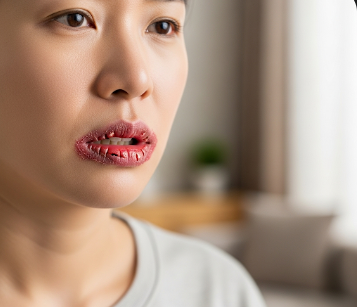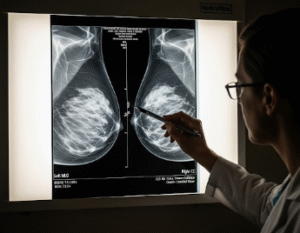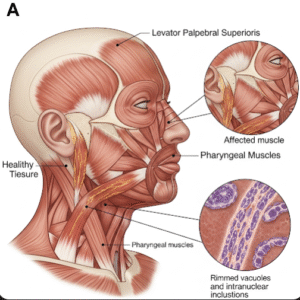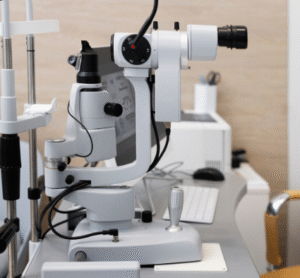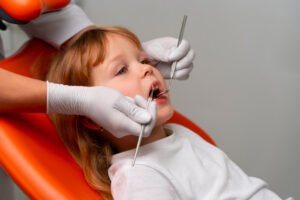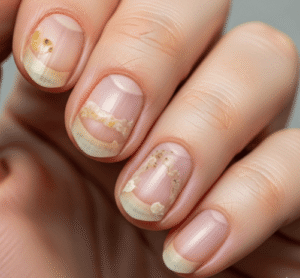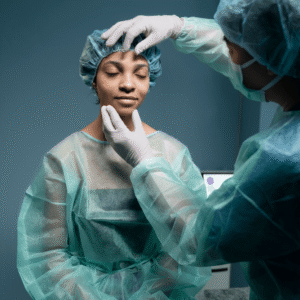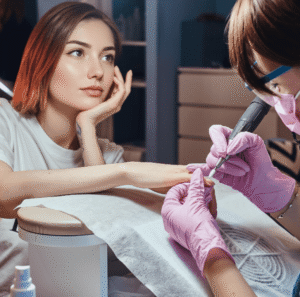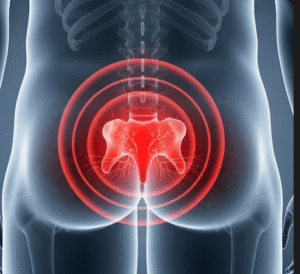Overview
Sore or dry lips refer to a condition where the lips become chapped, cracked, painful, or inflamed. This is a common complaint affecting people of all ages and can range from mild dryness to painful fissures that interfere with eating, speaking, or smiling.
In Korea, dermatology and general clinics provide comprehensive care for lip health, including diagnosis of underlying causes and treatment options ranging from topical ointments to systemic therapy. Identifying the reason for sore or dry lips is essential, as it can be related to environmental factors, nutritional deficiencies, infections, or systemic conditions.
Key Facts
- ➔ Sore or dry lips are medically known as cheilitis, which can be acute or chronic.
- ➔ Common triggers include cold weather, dehydration, sun exposure, or habitual licking of the lips.
- ➔ Nutritional deficiencies, particularly vitamins B2 (riboflavin), B3 (niacin), B6 (pyridoxine), and iron, can contribute.
- ➔ Certain infections, like herpes simplex virus (cold sores) or fungal infections, can aggravate symptoms.
- ➔ Persistent or severe symptoms may indicate underlying systemic diseases such as diabetes, autoimmune disorders, or allergic reactions.
What is Sore or Dry Lips?
Sore or dry lips occur due to loss of moisture, inflammation, or infection of the lip tissue:
- ➔ Dry lips (xerosis): Lips lose water content, becoming rough, flaky, or cracked
- ➔ Chapped lips (cheilitis simplex): Often caused by environmental factors like wind, sun, or cold temperatures
- ➔ Inflamed or painful lips: May present as red, swollen, or cracked lips with burning or stinging sensation
- ➔ Clinical significance: While common, persistent lip soreness or dryness may indicate infection, vitamin deficiency, or systemic health issues
What Symptoms Are Related To
Sore or dry lips may present with additional symptoms depending on the underlying cause:
- ➔ Cracks or fissures at the corners of the mouth (angular cheilitis)
- ➔ Pain, burning, or stinging sensation
- ➔ Swelling or redness
- ➔ Bleeding or crusting
- ➔ Itchiness or tenderness
- ➔ Presence of blisters or sores in viral infections like herpes simplex
- ➔ Associated systemic symptoms: Fatigue, weight loss, or other nutritional deficiency signs
Recognizing associated symptoms helps clinicians determine whether the condition is local or systemic.
What Causes / Possible Causes
Several factors can lead to sore or dry lips:
- ➔ Environmental factors: Cold, dry weather, wind, sun exposure
- ➔ Dehydration: Inadequate water intake leading to lip dryness
- ➔ Habitual behaviors: Lip licking, biting, or picking
- ➔ Nutritional deficiencies: Lack of vitamins B2, B3, B6, folate, or iron
- ➔ Infections: Herpes simplex virus (cold sores), Candida fungal infections, bacterial infections
- ➔ Allergic reactions: To lip products, toothpaste, or foods
- ➔ Underlying health conditions: Diabetes, autoimmune diseases (e.g., Sjögren’s syndrome), or hormonal imbalances
- ➔ Medications: Retinoids, chemotherapy agents, or diuretics
Understanding the cause is crucial for effective treatment and prevention.
When Should I See My Doctor
Consult a healthcare provider if:
- ➔ Dryness or soreness persists for more than two weeks despite home care
- ➔ Cracks or sores bleed, swell, or become infected
- ➔ There are recurrent cold sores or blisters
- ➔ Associated with systemic symptoms such as fatigue, weight loss, or unexplained rashes
- ➔ Angular cheilitis is severe or resistant to topical treatments
Early consultation ensures proper diagnosis, treatment, and prevention of complications.
Care and Treatment
Treatment depends on the underlying cause of sore or dry lips:
- ➔ Hydration: Drink plenty of water to prevent dehydration
- ➔ Topical emollients: Use lip balms containing petrolatum, shea butter, or beeswax to lock in moisture
- ➔ Avoid irritants: Refrain from lip licking, biting, or using harsh lip products
- ➔ Sun protection: Use lip balms with SPF to prevent UV-related dryness
- ➔ Nutritional support: Supplement deficiencies in B vitamins, iron, or folate if needed
- ➔ Antiviral therapy: For herpes simplex outbreaks
- ➔ Antifungal or antibiotic creams: For fungal or bacterial infections causing angular cheilitis
- ➔ Medical follow-up: Monitor for improvement and manage any systemic condition contributing to lip issues
Consistent care and avoidance of triggers usually result in rapid improvement.
Treatment Options in Korea
Korean dermatology clinics provide specialized care for sore or dry lips:
- ➔ Diagnostic evaluations: Blood tests for nutritional deficiencies, blood sugar levels, and autoimmune markers
- ➔ Specialist consultations: Dermatologists, general physicians, and nutritionists for comprehensive care
- ➔ Topical therapies: Advanced emollients, medicated creams, or antiviral ointments for infection-related cases
- ➔ Systemic treatments: Vitamins, oral antifungals, or antivirals depending on diagnosis
- ➔ Patient education: Guidance on lip care routines, hydration, and avoiding triggers
- ➔ Advanced dermatologic care: Clinics like Seoul National University Hospital, Asan Medical Center, and Samsung Medical Center provide personalized treatment and follow-up, ensuring rapid recovery and prevention of recurrence
In Summary: Sore or dry lips are common but potentially indicative of underlying nutritional, infectious, or systemic problems. Timely care in Korea can relieve discomfort, prevent complications, and address the root cause effectively.
- ➔ Key Takeaway: Persistent or painful lips require evaluation to rule out infection, deficiency, or systemic disease.
- ➔ Action Point: Consult a dermatologist or physician for diagnosis, treatment, and preventive strategies.

